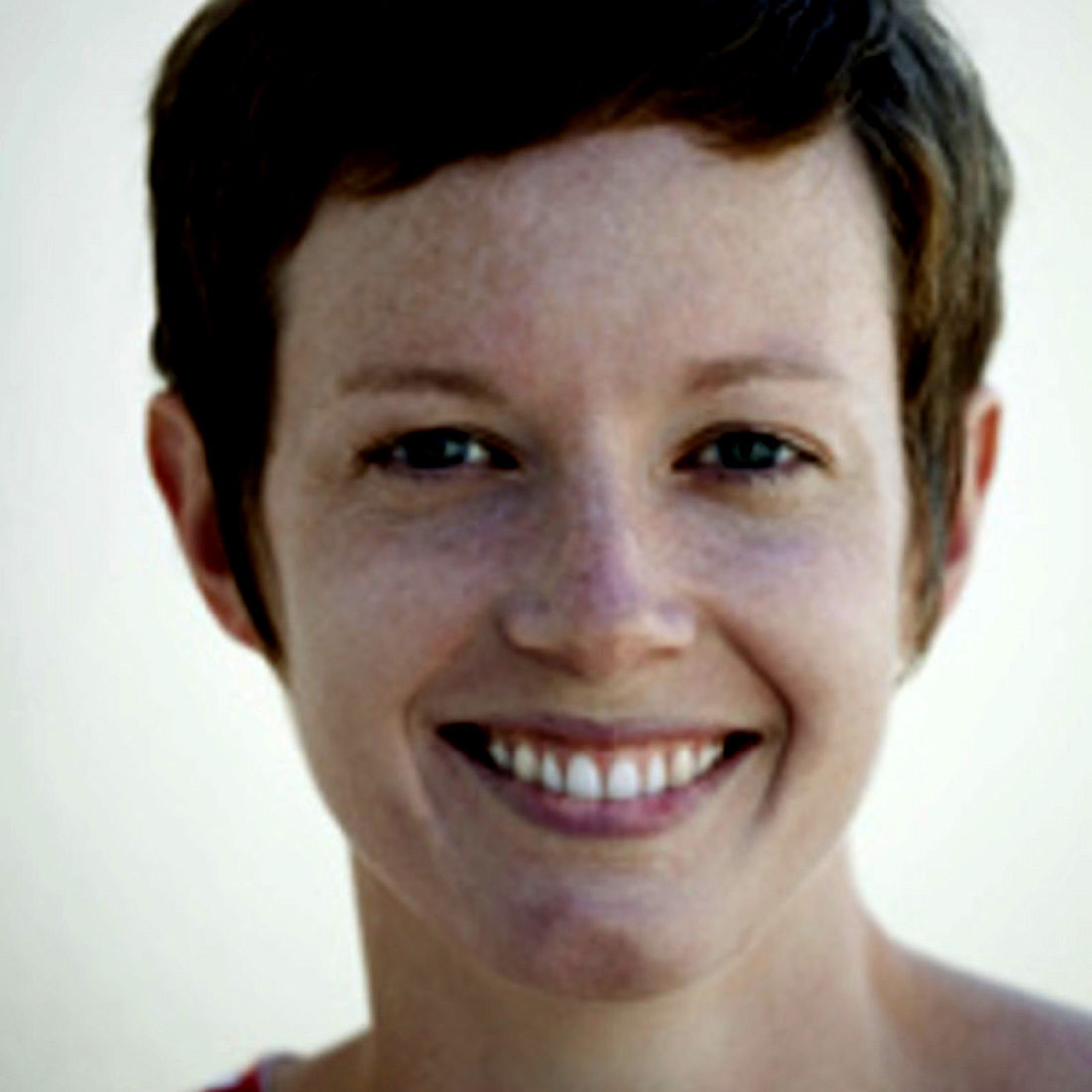Melanie Joosten
Thank you Melanie for agreeing to this interview about your new book, Gravity Well and a little about some of your other works.
Gravity Well had me hooked me in the first few pages. You have a talent for describing scenes that entice the reader. Can you say a bit about how you plan your novels?
I am a great planner – I usually start with a situation I wish to explore, then decide on the characters who will be involved and how they relate to one another. Then I plot out the novel’s structure, sometimes drawing diagrams (this one initially looked a little like a bowtie!). However, when I start writing inevitably it all goes to hell! I seem incapable of following any of my own plans – I introduce new characters and plots and relationships. I change timelines and motivations and points of view. To be honest, it’s an absolute mess because I end up writing scenes in random order and then I have to spend years moving them around into every possible combination (and rewriting them to fit the new structure) before finally stitching them together. Oddly, and despite throwing my plans to the wind, for the most part this book still retained the bowtie shape – it starts from two disparate points which come together and entangle in the middle before splitting again.
The title itself is intriguing. Gravity Well. What gave you the idea?
I was fascinated by astronomy and its language of mathematics. However, as I have only a high school understanding of maths I am reliant on science writers who can transform these concepts into a language I can understand – and they do it brilliantly often using quite visual or descriptive metaphors. A gravity well describes the pull exerted by a planet or large body in space, and the way it draws smaller things towards it. The bigger the body, the stronger the pull and the deeper the well. When a space ship takes off from Earth it needs to escape the pull of gravity or climb up and out of the gravity well – it’s a wonderfully visual description for something conceptual.
It struck me that families operate in the same way – we are held together by an unseen force which can be difficult to escape. It can also cause great conflict if we’re held too close to one another and not allowed our independence.
The idea of focusing on Lotte, an astronomer, is very clever. Your novel brings us into Lotte’s world and her passion for deep space, a world that becomes a allegory for how she is dealing with the close space of her own life. Can you tell us a little about how you developed the plot?
It took me a long time to develop the plot. I knew I wanted to explore the relationship between a father and daughter in the absence of the mother, especially when the father remarries. I also knew I wanted to explore some of the ambivalences faced by women as they make decisions about family and career. Other than that, I didn’t know what would happen or who it would happen to! Researching astronomy gave me something to focus on while I mulled over these things in the back of my mind. It’s a bit like looking in a telescope – sometimes you see things more clearly in your peripheral vision than staring straight at it.
Your last novel, Berlin Syndrome, is gripping. It won Sydney Morning Herald Best Young Novelist 2012, and the Kathleen Mitchell Award for Young Writers, and is now a film. This is a heady start. Have you found it a challenge to follow with your other works?
Yes! Everything you have heard about the difficult second novel is true. Writing Gravity Well was the most difficult thing I have done to date. Berlin Syndrome was more contained because I knew the plot from the get go – it just had to be fleshed out and the writing style developed. Whereas I felt a lot of pressure to extend myself in Gravity Well and show my first novel wasn’t just a fluke. Another problem I had was that I read a lot – and I became convinced I could never write as well as all the authors I admired. It often felt futile and as though the story was too small and unimportant. I worried I should be writing something more political and wider in scope. In the end, I worked on an essay collection about social considerations of old age and that freed the novel up to just become the small story it wanted to be.
The collection of stories A Long Time Coming, is a further development. It touches so many important issues. Can you also tell us a bit about how that work came into being?
Around the time Berlin Syndrome was getting published I had gone back to study social work because I felt writing and editing was too insular for me. I ended up working as a social researcher in the area of ageing. It opened up a new world to me as I met many older people and learned about the challenges they faced, and how they were treated by a society that values youth. So I began interviewing older people and weaving their stories into a series of essays that explore issues such as housing, feminism, Indigenous health and our ageing population.
Finally, can you describe your path to becoming a writer? Did you always write as a child?
I did always write, though I wasn’t sure what I wanted to study at university. I grew up in the country so in my final year of school I took a train to Melbourne to go to some of the university open days, where I stumbled across a course in creative arts – it required you to study a variety of art forms (such as writing, visual art, theatre and media studies) and to do half your study as theory and half as practice. Until then I didn’t even know such things could be studied!
In the end though, I found writing not all it’s cracked up to be. It’s very solitary and infuriatingly difficult. Not to mention it doesn’t pay enough to live on! So now I consider it a hobby more than anything – one that I get great satisfaction and meaning from, and I spend a lot of time (and money) to do it. But ultimately, it’s only one part of my life.
I appreciate you taking the time for this, Melanie. We are really looking forward to hearing you speak at the St Albans Writers’ Festival.


